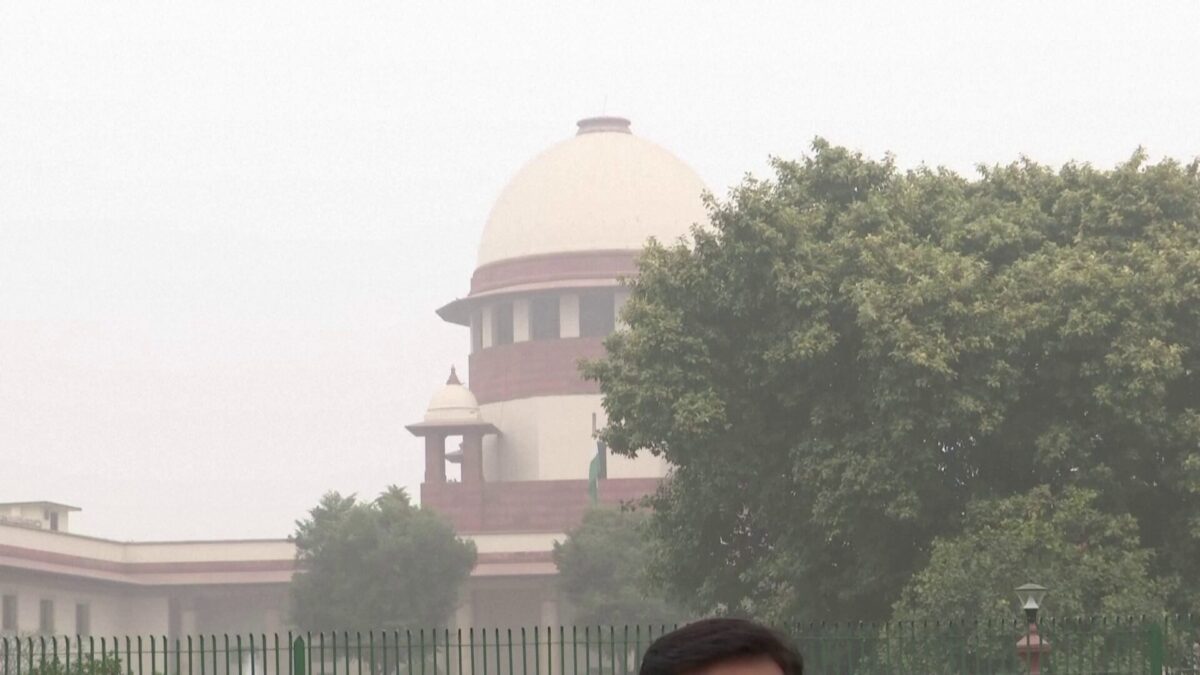DOHA — In response to India’s implementation of the Citizenship Amendment Act (CAA), Suhail Shaheen, head of the Taliban’s political office in Doha, has called for a law that includes all persecuted individuals, regardless of their religion, Indian media reported on Thursday.
The Indian government announced the operational rules for the CAA on March 11, which aims to facilitate citizenship for persecuted religious minorities from Pakistan, Bangladesh, and Afghanistan. Indian Home Minister Amit Shah stated that the law would help minorities from these countries who are fleeing religious persecution.
Passed by the Indian Parliament in December 2019, the CAA specifies a cut-off date of December 31, 2014, for refugees to qualify for Indian citizenship. It is designed to expedite citizenship for Hindus, Parsis, Sikhs, Buddhists, Jains, and Christians escaping persecution, but has faced criticism for excluding Muslims.
In an interview with The Wire, Shaheen emphasized, “This should apply to all, whether they are Muslims, Hindus, or Sikhs,” when asked specifically about the CAA. He also claimed that Sikhs and Hindus in Taliban-controlled Afghanistan do not face persecution, asserting they have the freedom to perform their rituals and possess equal rights under the law.
Shaheen expressed his hope for equal treatment of Indian Muslims, mirroring the claimed tolerance for Sikhs and Hindus in Afghanistan.
Following the Taliban’s takeover, India evacuated over 300 Afghan Sikhs and Hindus, with an Indian Air Force plane bringing back 24 from Kabul. Minister of Urban Affairs and Petroleum Hardeep Puri highlighted the significance of the CAA in light of the evacuations. However, these refugees would not qualify for Indian citizenship under the CAA, and many have since relocated to Western countries, where they often receive financial support until they find employment.





